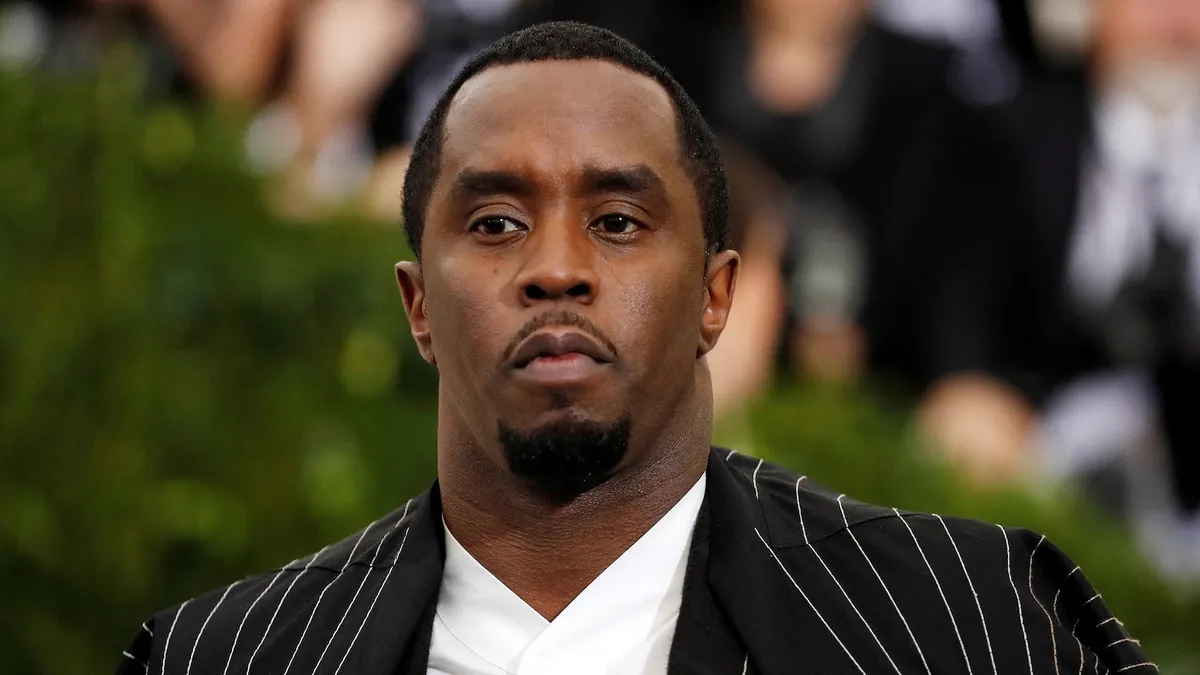
On Thursday, Sean Diddy Combs made his much-anticipated return to federal court in New York City. This marked his first appearance since the verdict in his high-profile trial last July, where he was acquitted of serious charges including racketeering and sex trafficking. However, the outcome of the trial did not fully absolve him, as he faces ongoing legal challenges regarding two convictions related to prostitution.
During this court appearance, Combs' attorneys will present their case to Judge Arun Subramanian, seeking to overturn the convictions on two counts of transportation for the purposes of prostitution. The defense argues that the charges should not apply to Combs, asserting that his intentions were focused on voyeurism rather than profit. They maintain that the male escorts involved traveled voluntarily to participate in what were referred to as "freak-offs" with Cassie Ventura and another woman, known in court as Jane.
In a written filing submitted ahead of the oral arguments, Combs’ defense team highlighted that he may be the only individual ever convicted under this specific statute for conduct similar to his. They emphasized that evidence presented during the trial indicated that Combs typically hired male escorts or dancers from legitimate businesses. The defense contended that these men were compensated for their time and enjoyed their interactions with Ventura and Jane, suggesting that the relationships were not merely transactional for sexual services.
Furthermore, the defense argues that Combs' actions should be protected under the First Amendment. They claim that the "freak-offs" and associated hotel stays were artistic performances that he or his partners recorded for private viewing, essentially producing amateur pornography. This assertion raises questions about the intersection of personal freedom and legal boundaries in the context of sexual conduct and artistic expression.
In contrast, federal prosecutors are staunchly opposing Combs' defense. They have stated in pre-hearing documents that Combs’ behavior does not qualify for First Amendment protection. Prosecutors argue that there was ample evidence to support the convictions. They contend that Combs orchestrated every detail of the "freak-offs," transporting escorts across state lines to engage in these activities for financial gain. They further allege that he directed sexual activities for his own gratification and personally participated in these encounters.
The legal saga surrounding Sean Diddy Combs is far from over, as his sentencing hearing is scheduled for October 3. As the case unfolds, it continues to attract significant media attention, highlighting complex legal questions about personal conduct, consent, and the interpretation of federal statutes in modern contexts.